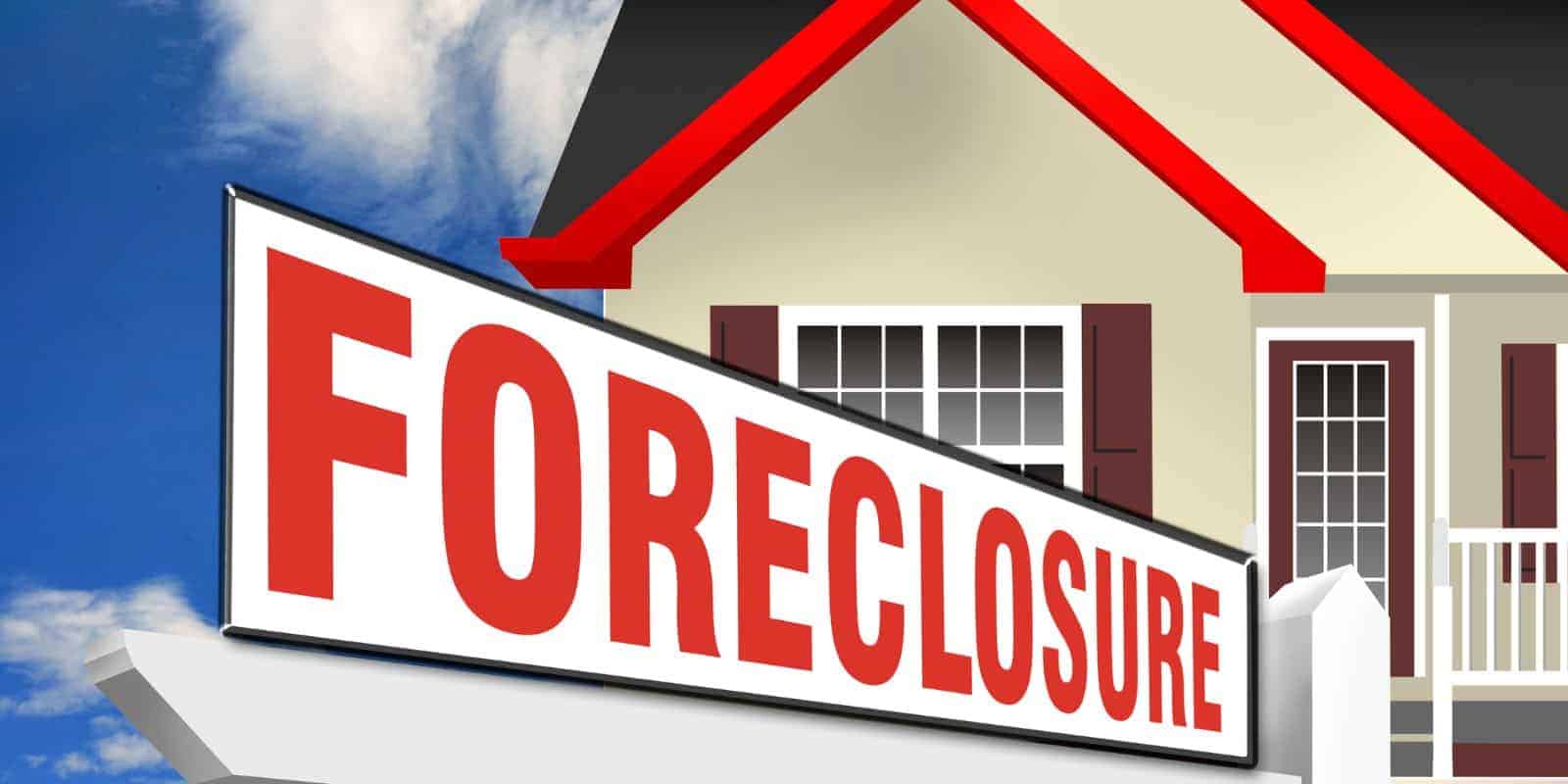#1: Talk to Your Lender
This is a great option if you had a temporary setback and are now able to make mortgage payments in full each month, but can’t afford to pay back the missed payments in one lump sum. Your lender may be willing to work out a repayment plan if you can continue making payments on your past-due loan. They should have experience dealing with foreclosure before, and can help you go through it in the easiest way possible. The lender will take the amount you owe in missed payments and add increments to your regular monthly payments, so that you will be able to repay what you owe over time.#2: Ask for a Forbearance
Forbearance lets borrowers who are struggling financially to put off their monthly payments for a while. You’re supposed to get back on your feet during the forbearance period and prepare to continue making your regular payments, and at the end of the specified period of time, pay back what you’ve accrued while you’re in forbearance. You’ll owe the amount that was suspended at the end of forbearance. If you were in forbearance for five months, you’ll have to pay back five months’ worth of mortgage payments. You can do this either as a lump sum or as a repayment plan.#3: Get a Loan Modification
A loan modification changes the terms of your current loan. In case you can’t refinance and foreclosure might be near, a loan modification can help you make your monthly payments more affordable, so you can stay current on your loan and stay in your home. The most common loan modification is extending the loan term so you have more time to pay it off, which lowers your monthly payments and puts you less at risk for foreclosure. Depending on your situation, this might be combined with lowering your rate.#4: Consult an HUD-Approved Counselor
If you’re facing foreclosure, the Department of Housing and Urban Development (HUD) sponsors housing counseling agencies around the country that offer loss mitigation counseling. They can teach you how to stop foreclosure today. Most of these services are free or cheap.#5: Consider a Short Sale
If you’re not eligible for any payment restructuring options, your only option to avoid foreclosure is to leave your Youngstown house. One of these options is a short sale. A short sale is when you sell your house for less than you owe. Proceeds from the sale go to your lender, who usually forgives part or all of the remaining balance. This option requires your lender’s approval, since they’ll have to accept less than you owe. Putting your home on a short sale involves going to a cash home buyer. Search “sell my house fast in Youngstown,” and you’ll find lots of companies who will offer to buy your home for cash. This is the best option instead of selling your home through a listing, since you can get your money right away.#6: Sign a Deed in Lieu of Foreclosure
A deed-in-lieu is when you give your mortgage servicer ownership of your house and move out. You don’t have to sell your house if you have a deed-in-lieu. For a deed-in-lieu, you’ll need a loss mitigation application from your mortgage servicer, a complete application with supporting documents, and approval by your servicer. A deed-in-lieu usually only gets approved if your home doesn’t have any other financial obligations tied to it, like a lien. The sooner you take action to stop or prevent foreclosure, the better off you’ll be. With these tips, you can take steps in avoiding foreclosure and minimizing any stress you’ll encounter in the future.The Best Way to Sell Your Home
At Access Homebuyers, selling your property in foreclosure is simple and stress-free. We buy houses in Youngstown, OH without the hassle of a traditional home sale. This means we won’t require you to spend on repairs and renovations. And you won’t have to wait long for payment — the cash is yours within two weeks.
Ready to get started? Get a fair cash offer today by sending us a message or calling us at (330) 708-7077.

